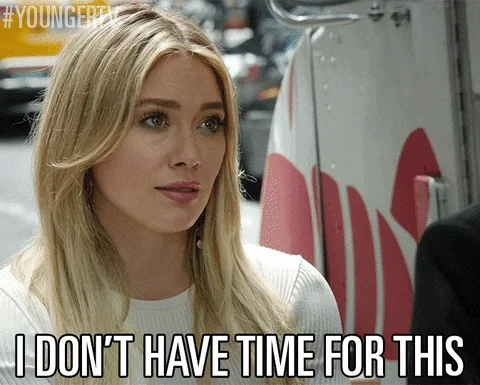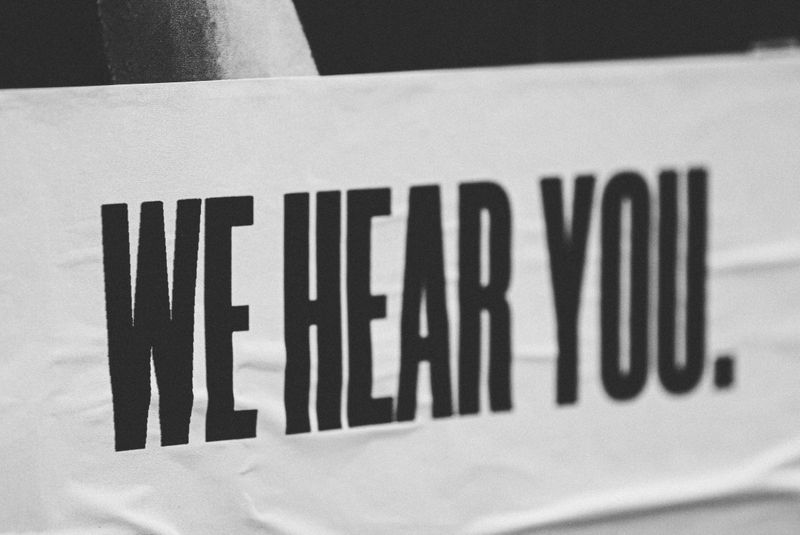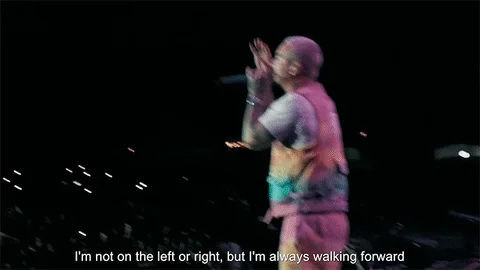
This logo isn't an ad or affiliate link. It's an organization that shares in our mission, and empowered the authors to share their insights in Byte form.
Rumie vets Bytes for compliance with our
Standards.
The organization is responsible for the completeness and reliability of the content.
Learn more
about how Rumie works with partners.
You enter your workplace, virtual meeting, or chat for the first time this week, and you notice a new name or face. You're very busy and not feeling it today, so you slide past with a little side glance and a half smile: "I'm sure I'll see them around. I'll say hi then," you think, then start your day.

But what if, instead, you took a moment to offer a warm greeting or a quick introduction? What if you were that new face? In a workplace that practices human dignity, these small acts of kindness and connection can make a big difference.
They set the tone for a more inclusive and supportive environment where everyone, including you, feels seen and valued.

Human Dignity Matters
Denial of Human Dignity: Examples
Consistently interrupting or talking over colleagues
Ignoring contributions or failing to give credit
Inconsistent application of rules or policies
Quiz
You're in a meeting with Jane and she suggests a creative idea, but she is ignored. How could you affirm her human dignity? Select all that apply:
By taking these steps, you help create an inclusive and respectful environment where everyone feels valued and heard. While validating her idea after the meeting is useful, it's better to do so in the moment.
The Respect Ripple Effect
2. Say you're sorry when it's needed.
 Fail to acknowledge your mistakes or blame others.
Fail to acknowledge your mistakes or blame others.
 Genuinely apologize with this formula:
Genuinely apologize with this formula:
Start with a clear 'I’m sorry' statement.
Express regret for what happened.
Acknowledge what social norms or expectations were violated.
Add an empathy statement acknowledging the full impact of our actions on the other person.
Request their forgiveness.
3. Be aware of your non-verbal communication.
 Do you roll your eyes, cross your arms, grimace, or otherwise use disrespectful body language?
Do you roll your eyes, cross your arms, grimace, or otherwise use disrespectful body language?
 Use eye contact, neutral or positive facial expressions, a straight posture, and respectful tones and volume when speaking to all of your work colleagues about any topic.
Use eye contact, neutral or positive facial expressions, a straight posture, and respectful tones and volume when speaking to all of your work colleagues about any topic.
Did you know?
Affirm Marginalized Groups
 Photo by Alexander Grey on Unsplash
Photo by Alexander Grey on UnsplashHistorical, cultural, and political forces have uniquely denied human dignity . Assumptions and unconscious bias often drive the denial of human dignity.
Groups that may be especially vulnerable include:
First Nations/Indigenous people (racism)
People of color (racism)
Immigrants and refugees (racism)
Older workers (ageism)
Women (sexism)
People with disabilities (ableism)
LGBTQ+ people (homophobia)
Self Check
To ensure these beliefs don't negatively impact the human dignity of colleagues, aim to identify and fact check your own assumptions.
Do you subconsciously believe these assumptions?
Older workers aren't interested or capable of learning new skills and technologies.
Remote workers are not very committed to their jobs or workplaces.
Women of childbearing age will just get pregnant, so it's not worth hiring or investing in them.
It's not fair that workers with religious or cultural obligations get extra benefits (e.g. prayer time or leave entitlements) for cultural obligations.

Responding with empathy and compassion rather than labelling others as "sensitive" if a person complains of being targeted will support human dignity.
 Photo by Jon Tyson on Unsplash
Photo by Jon Tyson on UnsplashTake Action

Everyone has the ability to practice human dignity in the workplace!
This Byte has been authored by
Julie Pidgeon
Teacher
M. Ed


 "You always mess things up! I don't why you were put in charge in the first place."
"You always mess things up! I don't why you were put in charge in the first place." "This project hasn't progressed as we hoped. Let's identify the challenges and problem solve."
"This project hasn't progressed as we hoped. Let's identify the challenges and problem solve."